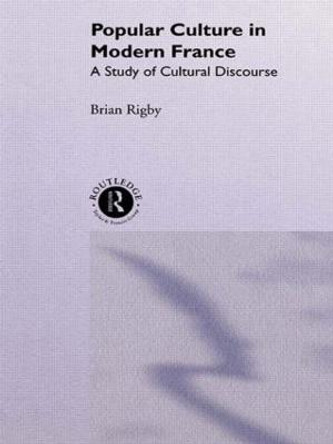Description
This book reflects on popular politics in Britain during the turbulent period of industrialization, focusing on how political meanings were produced and sustained. It is also a spirited series of responses to the changing terrain of historical studies. It takes as its starting point the goal of defining a middle ground between E. P. Thompson's concept of cultural materialism and the postmodern view of culture as a system of signs and codes (with emphasis on the linguistic grounding of experience). The first part of the book evaluates and critiques the work of two of the most influential proponents of the linguistic turn in British historical writing: Gareth Stedman Jones and Patrick Joyce. The second part contains four case studies: the first two treating British political culture in the age of the French Revolution, the third dealing with the role of space in historical reasoning, and the fourth assessing the role of gentleman leaders within popular movements.
About the Author
James Epstein is Professor of History at Vanderbilt University. He is the author, most recently, of Radical Expression: Political Language, Ritual, and Symbol in England, 1790-1850, and the co-editor of Journal of British Studies.
Reviews
"...an enlightening and challenging collection of essays..." -- Journal of Victorian Culture
"[The book] represents a pointed contribution to what Epstein refers to as the 'new political and cultural history of modern Britain' and aimes to 'renegotiate the ground' between cultural materialists and those favouring discourse. As a result, there is much of interest for those interested in modern British history as well as the nature of the historical discipline as a whole" -- Labour/Le Travail
Book Information
ISBN 9780804747882
Author James Epstein
Format Paperback
Page Count 224
Imprint Stanford University Press
Publisher Stanford University Press
Weight(grams) 327g








